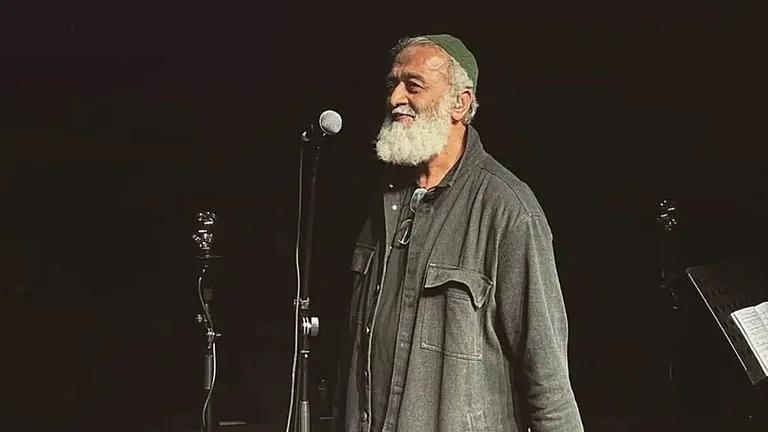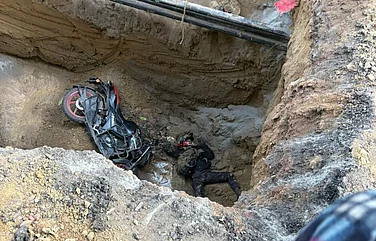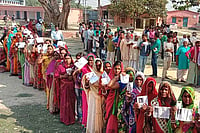General Elections 2019 have finally come to a close but not without raising fire and storm. Our elections, months before they are even announced, grab international attention and admiration. The reasons are simple: they are always record breaking, jaw dropping and an unparalleled logistical challenge which the Election Commission of India overcomes every five years with precision.
My association with the ECI, first as Election Commissioner (2006-10) and then as Chief Election Commissioner of India (2010-2012), has given me diverse experiences. Elections bring back mixed memories, rewarding struggles and the professional satisfaction that comes with doing one’s constitutional duty well in ensuring free and fair elections.
When the 2019 elections were announced, I was shuttling between London and Stockholm on work cum holiday. It was certainly an inopportune time to be missing in action from the country at a time when the biggest election in world history was taking place. There was an unending stream of phone calls from television channels, news portals, newspapers and magazines with request for my views and comments. Skype and IPad came in handy. However, even after expressing regrets to 90 per cent of the people who approached me, I was quite a nuisance to my hosts. So, it was a relief to come back home in the middle of the long drawn exercise.
The last two months have been a trying time for me—the Election Commission is under unprecedented attack. It was a constant and painful dilemma for me: criticise the Commission, defend it, or keep quiet?
Then someone reminded me of Plato’s words, “I will put down your silence as consent.” The immortal words of Martin Luther King Jr. served to egg me on: “Our lives begin to end the day we become silent about things that matter.” This motivated me to express my opinion, though reluctantly, but as constructively as I could possibly do.



























